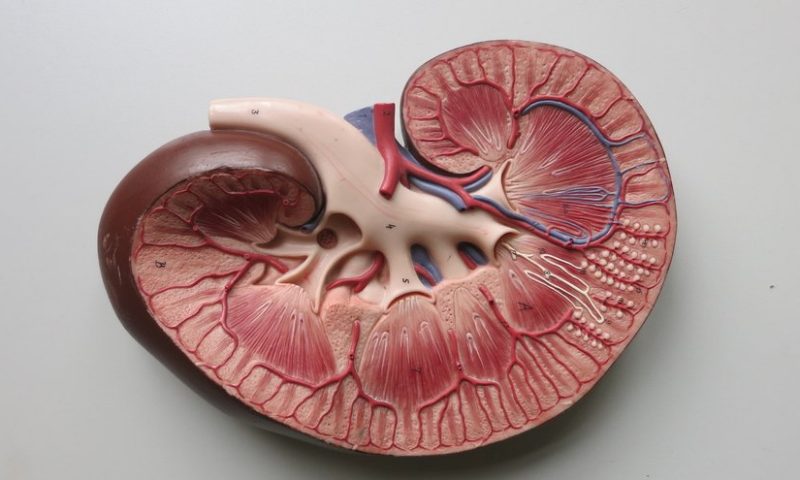ReCor Medical’s method for tackling stubbornly high blood pressure by targeting overactive nerves around the kidneys failed to meet its target in a clinical trial conducted in Japan and Korea—a departure from previous studies presented in the past year that showed success with the catheter-based procedure.
The results of the trial, dubbed REQUIRE, come shortly after the Paradise ultrasound denervation system began its European commercial launch in two hospitals in Germany. The device-based treatment is aimed at patients whose hypertension persists despite multiple blood pressure medications.
ReCor Medical and its corporate parent, Tokyo-based Otsuka, ascribed the clinical miss to the inadequately controlled usage of antihypertensive drugs among the trial’s participants, which muddled the measurable effect of the Paradise system.
“The lack of difference in blood pressure reductions between the renal denervation and sham groups, and in particular the blood pressure reduction in the sham group, were not what we expected,” the REQUIRE study’s principal investigator, Kazuomi Kario, M.D., said in a statement.
“After in-depth analysis, we determined that the lack of effective medication stabilization and adherence control confounded the efficacy signal in both the treatment and sham groups,” said Kario, a professor of cardiovascular medicine at Jichi Medical University. “This, and other important insights from the REQUIRE study, are being taken into account as we design a future study of the Paradise System in Japan.”
The device uses ultrasonic energy to generate heat while circulating cooling water in the catheter’s balloon to control its temperature, helping burn out the nerves surrounding the arteries of the kidney and taking the foot off the brain’s blood pressure gas pedal.
The study measured the change in 24-hour blood pressure after three months following ReCor’s renal denervation treatment and compared it to patients given a sham device. The companies also reported no significant differences in side effects and no increased safety risks. The results were published in the journal Hypertension Research and presented at the annual meeting of the Japanese Society of Hypertension.
Earlier this year, at the American College of Cardiology’s (ACC’s) annual meeting, ReCor touted clinical data from a controlled study of 136 patients taking at least three and sometimes more than five different medications to help manage their blood pressure.
Known as RADIANCE-HTN, the study demonstrated a median reduction of 8 mmHg in daytime systolic blood pressure after two months. Before beginning the trial, participants’ regimens were switched to a standardized, fixed-dose, triple-drug pill containing a calcium channel blocker, an angiotensin receptor blocker and a thiazide diuretic.
The year before at ACC, Medtronic’s competing Symplicity Spyral renal denervation device showed average drops of 6.5 mmHg in systolic blood pressure when measured in a doctor’s office after three months. Those participants also saw reductions of 3.9 mmHg at home over a 24-hour period when taken by a wearable blood pressure monitor.
“Based on the strong positive results from RADIANCE-HTN SOLO and TRIO, the root cause assessment of the REQUIRE efficacy signals, and the strong REQUIRE safety results, we are working with the Japanese regulatory authorities to plan a new randomized, controlled trial in uncontrolled, ‘on-med’ hypertension patients,” said Noriko Tojo, president of Otsuka Medical Devices.
While CE marked in Europe, the Paradise system is currently being studied in a U.S. pivotal trial in patients with uncontrolled hypertension, with ReCor and Otsuka expecting enrollment to be completed in 2022.

